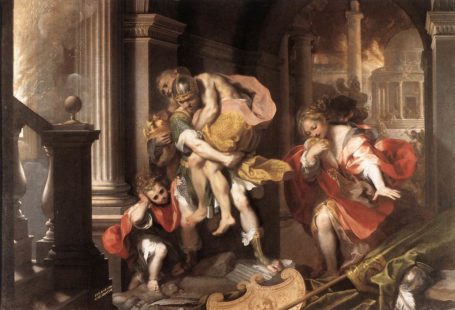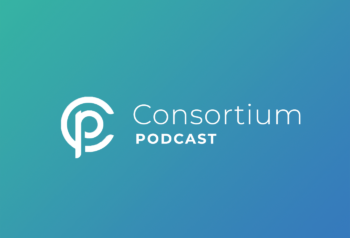This is Episode 7 of the Consortium Podcast, an academic audio blog of Kepler Education.
In this episode, Scott Postma and Joffre Swait discuss the radical idea of deinstitutionalizing society and contend that the modern school, as we know it, doesn’t work for educating free men and women.
It does work well, however, toward the goal for which it was designed, which is to cultivate a society of both consumers and cogs—simultaneously consumers and cogs—a self-licking ice-cream cone if you will.
Building off of previous discussions, they get down into the weeds and make two very important declarations about the said self-licking ice-cream cone.
First, schools, as we have come to accept them, literally create a dependent society, not a free society. Good people scratch their heads wondering why Americans (and most Europeans for that matter) are so dependent on the State, but we need look no further than our public school model which were modeled after the Prussian schools and introduced to the U. S. in the 19th century by secular humanists like Horace Mann (1796-1859).
Second, schools, as we have come to accept them, have no logical limits, and therefore, create an abyss, a black hole of jobs, money, advisors, bureaucracies, and bureaucracies to regulate bureaucracies—and the list goes on and on.
Listen to Episode 7 to learn how schools create and legitimize student values and shape student worldviews, which essentially gives the school system a monopoly on the professional, political, and financial aspects of a society.
You can also learn more about Kepler Education and the consortium of teachers who share this vision for student flourishing by visiting our website at https://kepler.education.




